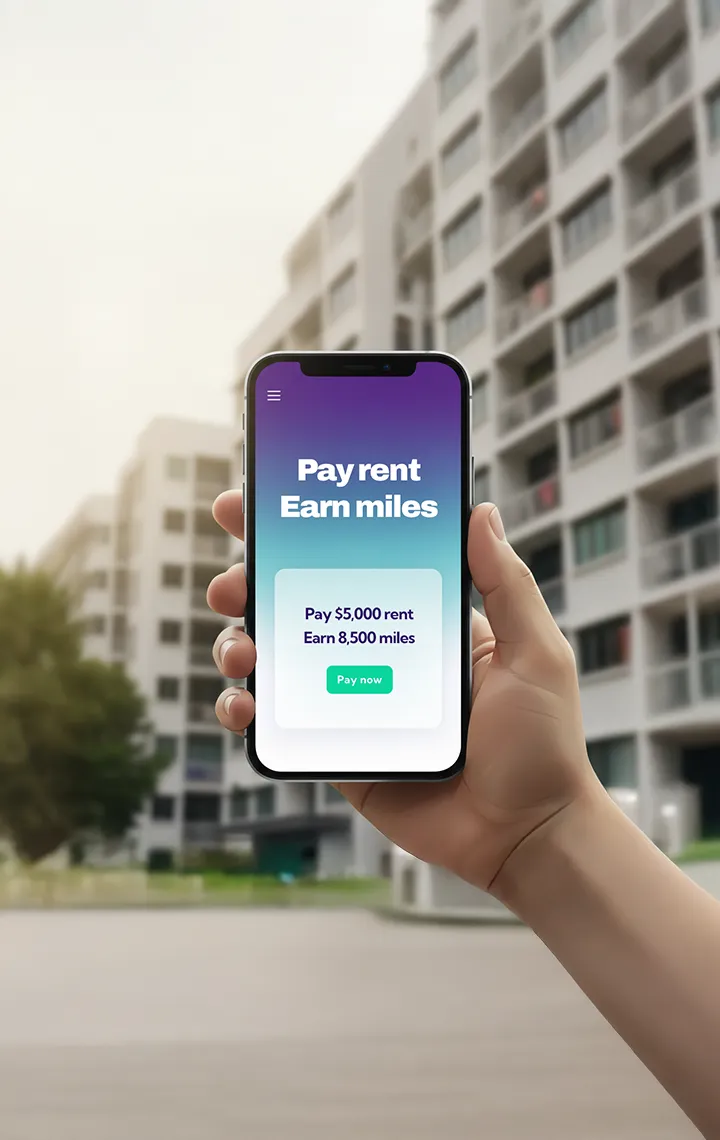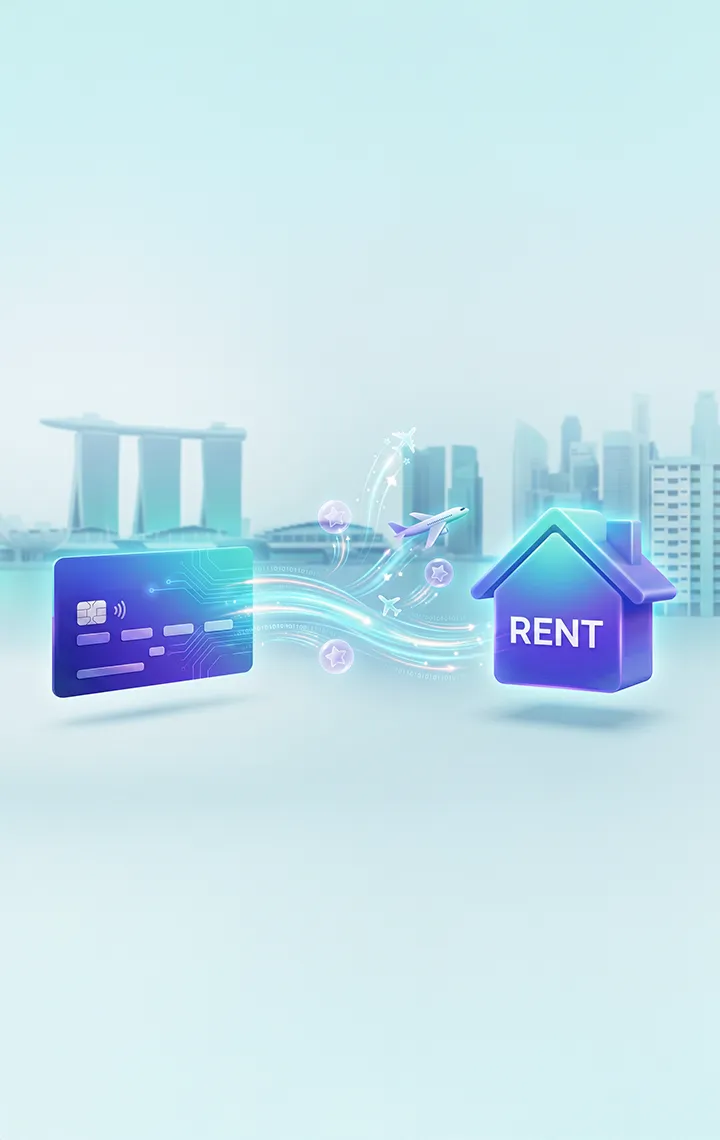Embark on the journey of purchasing rental property in Singapore—an opportunity to amplify your investment potential while mitigating risks. But why take the gamble, why buy a property in the first case? Well, in this article we’ll give you the skinny on wealth generators — and why owning properties is a BIG ONE. In this guide, we’ll help you navigate through the critical considerations and preparatory steps essential for buying rental properties successfully.
The Allure of Rental Property Investment — Why Buy Rental Properties
The allure of acquiring rental property as an investment strategy has captivated a broad audience, from seasoned investors to those just stepping into the realm of real estate. In a world where financial acumen is as prized as capital, the real estate market in Singapore presents a fertile ground for those who make informed decisions. The following discourse aims to unfold the layers of strategic preparation necessary to not only invest but to thrive.
But before we dive into that pool and dive deep, and maybe play Marco Polo - who knows? - Let's take a look at why owning a rental property is your key to financial freedom.
Wealth generators
Any seasoned financial planner and money guru will tell you that there are 4 wealth generators — and those 4 come into perfect union and harmony in the real estate market.
But what is a wealth generator?
A wealth generator is a framework, a blueprint, that provides an individual with a stable engine of income. It creates a stable platform that allows individuals to create successful financial plans, meet their economic demands, and have the freedom to make opportune future investment decisions. It’s not just one thing but a series of things that come into play —- like a clock created out of gears, each propelling the other and itself driving the former.
In real estate - barring chaotic upswings or apocalyptic scenarios - COVID anyone - a person can have an idea of how their investment will behave over time. The sort of threats they’ll face, how they will balance them, and what they will be able to use to leverage their wealth.
Why? Because real estate is a predictable and fixed market— one with rules and pre-set values that hardly vary over time. That is why owning property is such a great investment.
Owning property creates 4 wealth generators:
- Cash Flow: it’s that monthly extra you get once your expense and your property’s expense have been met.
- Appreciation: when you buy a property you’re investing in an asset whose value will grow over time. What ended up costing you 200K today might end up netting you 400K in the future. This means you're buying an asset — not a liability. This is the difference between “good debt” and “bad debt.”
- Debt pay-down: another important wealth generator - and one that owning a property and getting that extra month helps mitigate - is cutting down on debt. In particularly bad debt.
- Benefits; from taxes to subsidies, real estate investments can be used as leverage when filing taxes and looking for opportunists.
Defining Rental Property Investment and Its Lucrative Edges
Rental property investment spans across various domains, each with its unique appeal and set of considerations. From residential havens to bustling commercial hubs or even short-term vacation getaways. The diversity in rental property types enriches the spectrum of investment opportunities.
In Singapore, for example, we have condominiums, offices, flats, and HDB flats. The former is a unique asset in the region. HDB flats are public housing apartments that have certain specifications and rental limits per the URA - The Urban Redevelopment Authority. It’s important to have your finger on the pulse and trends in Singapore when it comes to what you can and cannot rent out. And what you can and cannot buy.
Understanding the broader landscape and the intrinsic benefits of each product is paramount in sculpting a successful investment path.
Comprehensive Market Research – how to buy rental properties
Unveiling the Best Locations for Investment
Stay on top of trends. For example, as of 2024 foreign students have rapidly become a huge tenet pool and one that comes with its own set of advantages and challenges. For more information check out our comprehensive article on the subject. Singapore is a varied and diverse playground. One that is constantly on the move. One that is constantly evolving and growing. It is a central hub - for business and travel - in Asia. One of the most dynamic and innovative cities in the world. It is also a market with a high demand for housing and a low supply.
It’s important to stay on top of how the market is moving daily and what hiccups and false moves it might make in the future.
Navigating the vast expanse of this region’s real estate market requires a compass finely tuned to economic stability and market trends. Delving into comprehensive market research paves the path to discerning the most lucrative locales for property investment. Employing robust tools and resources for market analysis can illuminate the path to informed investment decisions.
Financial Foundations of Property Investment
Balancing Costs with Potential Gains
The financial anatomy of buying rental property involves an initial layout for down payments and closing costs, juxtaposed against ongoing expenses such as maintenance and taxes.
In some cases, you need to have a maths degree to get the cost down just right. That’s why there are consulting services that do the job for you. It’s not just an idea of how much you’ll make once monthly expenses are met — but how other expenses, such as maintenance and debt come in.
For example, I once had a client who bought a property - yet only fixed what needed fixing. She never upgraded or took preventive care of her property. The place was stellar, but it had a lot of skeletons you couldn’t see. One day - as the saying goes when it rains it pours - they all came out to play. From mould to complete overhaul of A/C units. Preventive care could have saved her thousands of pounds. Instead, she had to pay everything out of pocket right there and then. And worse, she had no emergency funds.
Calculating expected rental income, and having an emergency fund and the potential return on investment is crucial in evaluating the viability and profitability of property ventures.
Legal and Regulatory Framework
Navigating the Legal Landscape
The investment journey is steered by a complex web of zoning laws, property standards, and tenant rights. That’s the case in any region — and Singapore is no exception. Understanding the legal and regulatory framework is critical in ensuring compliance and smooth operation as a landlord. From the necessary paperwork to legal procedures, each step forms the backbone of a secure investment.
It’s important to get a handle on what type of property you’re buying and what you can and cannot do.
For example, there’s an occupancy limit - established by the URA - that numbers the maximum capacity of residents in a unit, including the owner — that maximum is 8. Each occupant has to have 10 sqm of usable space.
Another example is HDB regulations —- If you're renting out a room in an HDB flat, you have to pay attention to additional regulations. An HDB requires written approval for subletting from a governmental officer.
Strategic Location Analysis
Pinpointing Profitable Properties
Best locations to buy rental properties — The value and demand of rental properties are significantly influenced by their proximity to key amenities such as schools, public transport, and urban centres. Strategic location analysis can substantially elevate the attractiveness and profitability of a rental property, ensuring sustained demand.
It’s also important to analyse your niche tenant — that tenant you desire. This will give you an idea of what to look for when it comes to amenities. Are you trying to attract tourists? Are you in the market for foreign students? Do you want a family to live in your property? Are you obsessed with getting an ambitious office worker?
Each tenant profile has different needs. Some value proximity to public transportation and a dynamic nightlife district. Others prefer a quiet neighbourhood with parks. Some like to be close to tourist attractions.
Diligent Property Evaluation
Inspecting and Assessing Potential
Before sealing any deal, a thorough physical inspection of the property is essential. Assessing the condition of the property and estimating the costs for necessary repairs or renovations can prevent unforeseen expenditures that might dilute investment returns.
Kick every door, play with every faucet, and open and shut those doors and cabinets a hundred times. It’s important to find those skeletons - and all properties have them, even new ones - that the place is hiding. Why? Because some of them you can live with while others are simply too toxic or expensive to take into account.
Risk Management in Property Investment
Safeguarding Your Investment
Mitigating risks through adequate insurance coverage and diversifying property portfolios are prudent strategies to protect against potential losses. Additionally, preparing for vacancy periods and tenant turnover is crucial in maintaining financial stability and ensuring continuous profitability.
Singapore Risks
Regions Factors to Take Into Account
- Leasehold vs. Freehold: Unlike many countries, most properties in Singapore are leasehold, meaning you're essentially buying the right to live on the land for a set period, usually 99 years. The value of the property can significantly decrease as the lease gets shorter - leasehold decay. This is especially important for HDB flats, which are public housing options.
- Financial Strain: Property in Singapore is expensive, and it's easy to overextend yourself financially. Make sure you factor in all the costs, including down payment, agent fees, stamp duties, and ongoing maintenance before buying.
- Rental Income: Rental income isn't guaranteed. There can be vacancies, and you might not always find good tenants who pay rent on time.
- Government Cooling Measures: The Singapore government can introduce cooling measures to regulate the property market, which could affect prices and investment potential.
- Foreigner Considerations: There are additional taxes for foreign property buyers in Singapore, which can significantly increase the cost of buying.
The Strategic Path to Rental Property Investment – How to Buy a Rental Property
Investing in rental property demands more than just financial input — it requires a strategic mindset fuelled by thorough research and meticulous preparation. By adhering to the outlined considerations, prospective investors can navigate the complexities of the real estate market with confidence, ensuring a profitable and sustainable investment journey.














